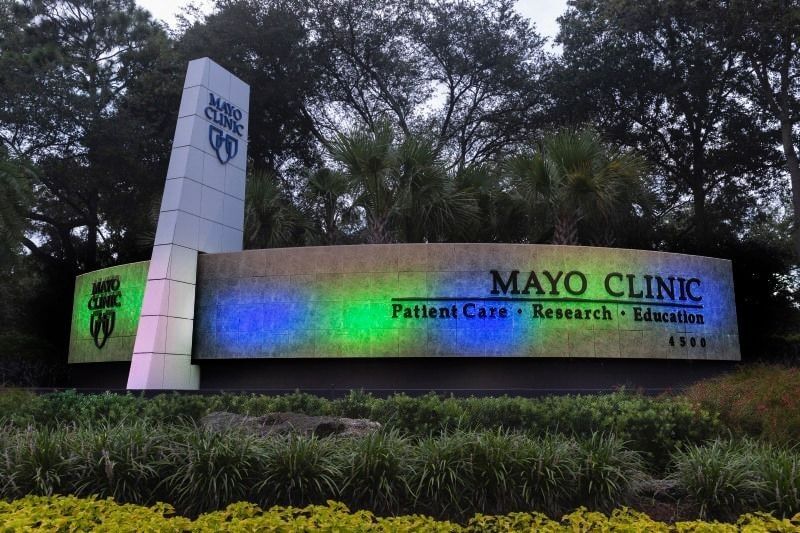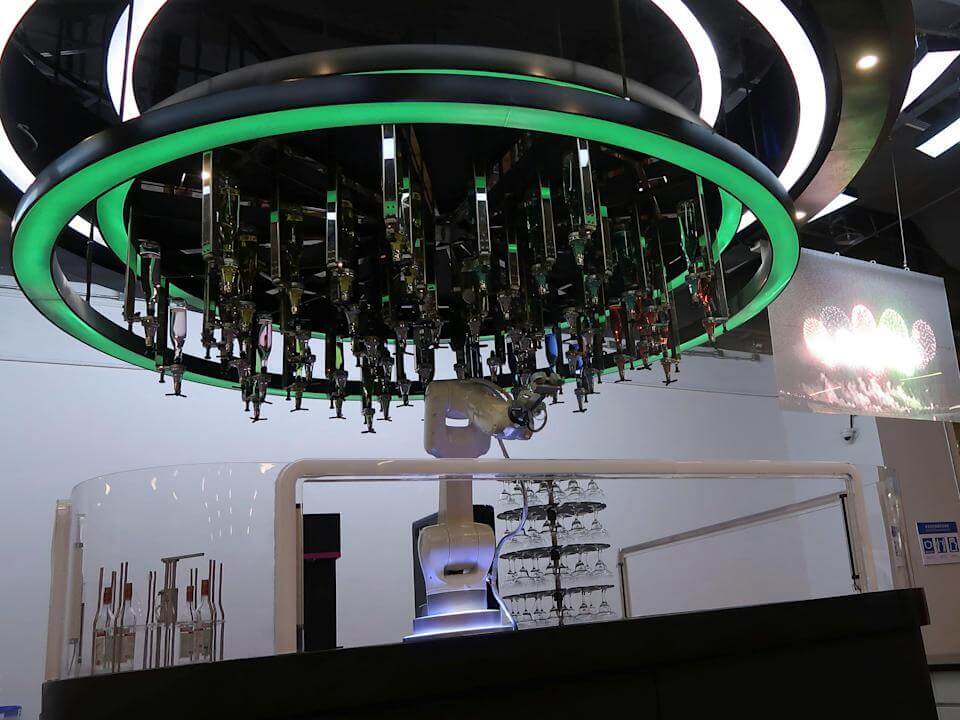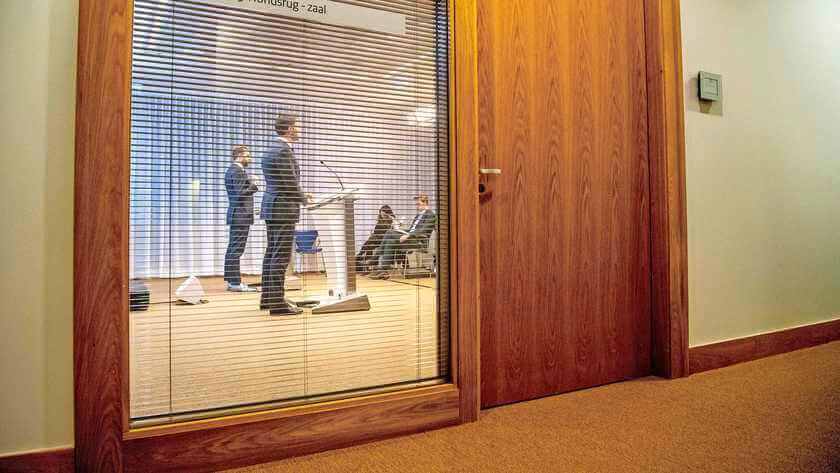Google is all set to collaborate with researchers to develop new artificial intelligence (AI) algorithms to improve brain stimulation devices to treat people with psychiatric illness and direct brain injuries, such as stroke.
The tech giant has tied up with researchers at Mayo Clinic to develop a set of paradigms, or viewpoints, that simplify comparisons between effects of electrical stimulation on the brain.
They developed a new type of algorithm called “basis profile curve identification”.
“Our findings show that this new type of algorithm may help us understand which brain regions directly interact with one another, which in turn may help guide placement of electrodes for stimulating devices to treat network brain diseases,” said Kai Miller, a Mayo Clinic neurosurgeon.
“As new technology emerges, this type of algorithm may help us to better treat patients with epilepsy, movement disorders like Parkinson’s disease, and psychiatric illnesses like obsessive compulsive disorder and depression,” he added.

The new technique was demonstrated for an array of implanted brain surface electrodes in a human patient.
A patient with a brain tumour underwent placement of an electrocorticographic electrode array to locate seizures and map brain function before a tumour was removed.
Every electrode interaction resulted in hundreds to thousands of time points to be studied using the new algorithm.
The framework enables straightforward interpretation of single-pulse brain stimulation data, and can be applied generically to explore the diverse milieu of interactions that comprise the connectome, the researchers explained in the study published in PLOS Computational Biology.
“Neurologic data to date is perhaps the most challenging and exciting data to model for AI researchers,” said Klaus-Robert Mueller, member of the Google Research Brain Team.














